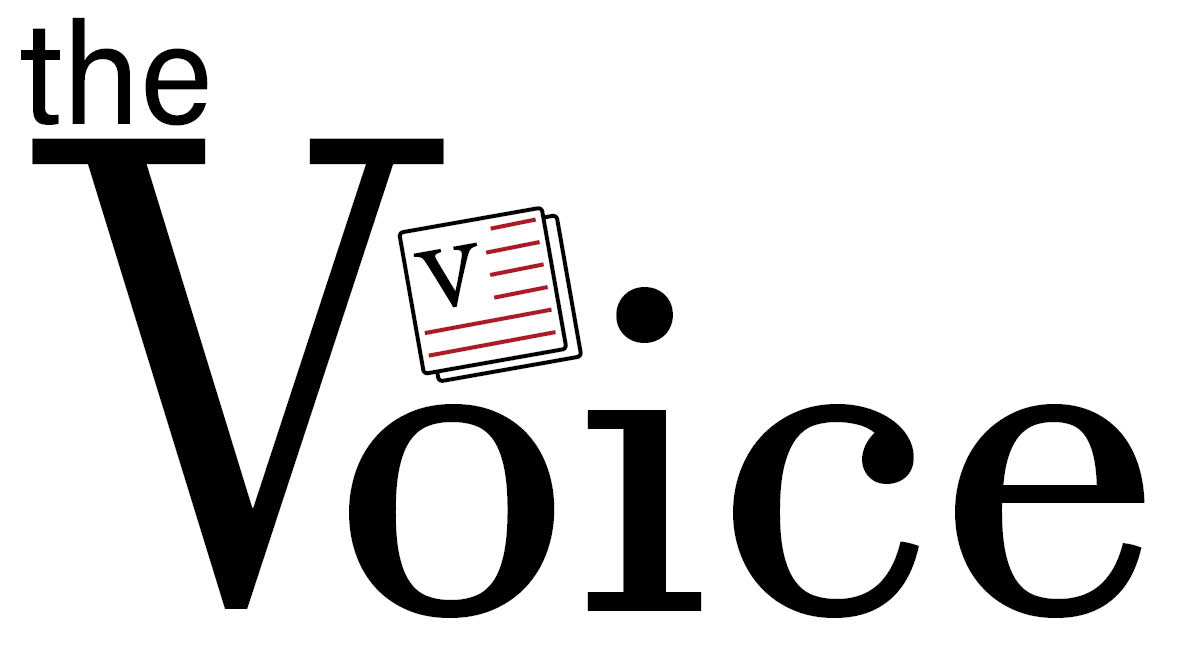Plant-based diets: everything you need to know
October 28, 2020
Plant-based diets include pescetarianism, vegetarianism, veganism, lacto-ovo vegetarianism, ovo-vegetarianism, lacto-vegetarianism, or even semi-vegetarianism. When following a plant-based diet, there are endless options and possibilities. It does not mean you have to skip out on a piece of birthday cake, ask for the bacon bits to be taken off your salad, or request the cheese be taken off your burrito because being semi-vegetarian is still more helpful to your body and the environment than being completely omnivorous.
According to MD Center Cancer Center, becoming plant-based can reduce risks for cancer, heart disease, gallstones, kidney stones, and it can even lower blood pressure and the risk of developing type two diabetes.
Some individuals adopt a plant-based diet due to a dislike of the flavors that meat and animal products offer, others because they morally do not feel right eating meat, and some just out of pure curiosity.
“I wanted to live guilt-free because I feel like it’s wrong to eat animals,” sophomore Abi Macdonald said.
Many vegetarians and vegans feel this way. It is also very common for those on a plant-based diet to have chosen this diet in order to help the environment. According to CulinarySchools.org, producing one pound of meat requires 2,400 gallons of water while one pound of wheat requires just 25 gallons. Furthermore, the amount of greenhouse emissions created by meat-eaters is seven times as much as those created by vegans.
However, if you decide to stop eating meat all of the sudden, it is important to look at why you made this decision and make sure you get enough vitamins and minerals in your diet. Otherwise, you can be at risk for many harmful things.
“[These things include:] being underweight, iron deficiency, osteoporosis, low blood sugar, vitamin D deficiency, calcium deficiency,” Macdonald said. However, “It is still possible for you to have a healthy diet while being a vegetarian.”
One of the main issues with diets is their correlation with eating disorders. People may be malnourished on purpose, assuming it is apart of a diet, to continue to lose weight. This can be characterized by obsessive thoughts of eating healthy which is a disorder called orthorexia. However, if you eat healthily or on a diet, it does not mean you have this.
Being allergic to the specific foods that provide the correct nutrients you are not getting from a normal diet can cause negative consequences.
“I got lightheaded one day…I had low iron, too,” sophomore Emily Chong said. “I’m allergic to nuts and beans, so I wasn’t getting enough protein.”
In order to prevent this from happening, many vegetarians, pescatarians, and vegans take supplements to ensure they are getting enough vital nutrients.
“I took iron and multivitamins so that I wasn’t lacking in any nutrients,” sophomore Ella Stock said.
Additionally, eating too much gluten can also cause negative effects, “Since I stopped eating meat, I started eating more gluten and carbs. So, eating all of that made me feel sicker,” Stock said.
However, if you do this diet correctly, even after only one week of a vegan diet, changes can be felt.
“I felt healthier, I felt better, and my body didn’t feel sluggish like it does when I eat fast food,” sophomore Sophie Thivierge said.
Plant-based diets not only encourage positive effects on the body when done correctly, but they also encourage mental benefits. This is especially relevant now, during quarantine, because mental health is at the front of the mind. Students are spending most of their time at home and not too many people are as active as they were. Because of this, most peoples’ energy is low. Following a plant-based diet can help people feel better physically, give energy, and even improve mental health and self-esteem. During this time, students need something that helps them improve their mental wellbeing.
“I definitely did feel happier with myself,” Stock said.
Sophomore Ben Rocks believes this diet would not work for him, since he is an athlete. Although, he also acknowledges that it can work for other athletes.
“Everyone’s different, so it may work more for some people than others,” Rocks said.
Even if you do get all of the required nutrients, being on a plant-based diet can take a toll on your wallet if you spend money on the wrong things. Being plant-based can be expensive if you do it wrong.
“It’s a lot harder with a low budget, but it can be done and it can be done well,” Thivierge said.
When on a vegetarian diet, if the main focus isn’t fruits, vegetables, legumes, and lentils, it can be very easy to eat mostly carbs and gluten which can lead to other problems. Though Stock ended up eating too much gluten and developing side effects which ultimately caused her to stop being a vegetarian.
“It was definitely worth it, and it was a really good experience,” Stock said.
Those, like Stock, who was on a plant-based diet but weren’t able to reap all of the benefits seemed to agree.
“I would do it again, but I think I would add in more protein,” Chong said.
These individuals recognize that the plant-based diet can help more than it hurts if it is done right. Most agreed they would go back and do it again, but differently including more fruits, vegetables, legumes, and lentils. They would want to do this so that they could see all of the possible benefits without nutrient deficiencies or negative side effects.
“It is definitely worth the benefits if you do it right,” Thivierge said.
When going plant-based, it’s important to ensure the correct amounts of vitamins and minerals are maintained in order to stay healthy. Those who went plant-based and developed vitamin and/or nutrient deficiencies did not have the chance to experience the true positive effects of this diet and the wonders it can create.
Because of the risks of developing vitamin and mineral deficiencies and/or eating disorders, being a semi-vegetarian seems to be the most beneficial and sustainable. This way, you can still follow a plant-based diet, reap the mental and physical benefits, and help the earth, but it is significantly less restrictive and more easily maintained.



